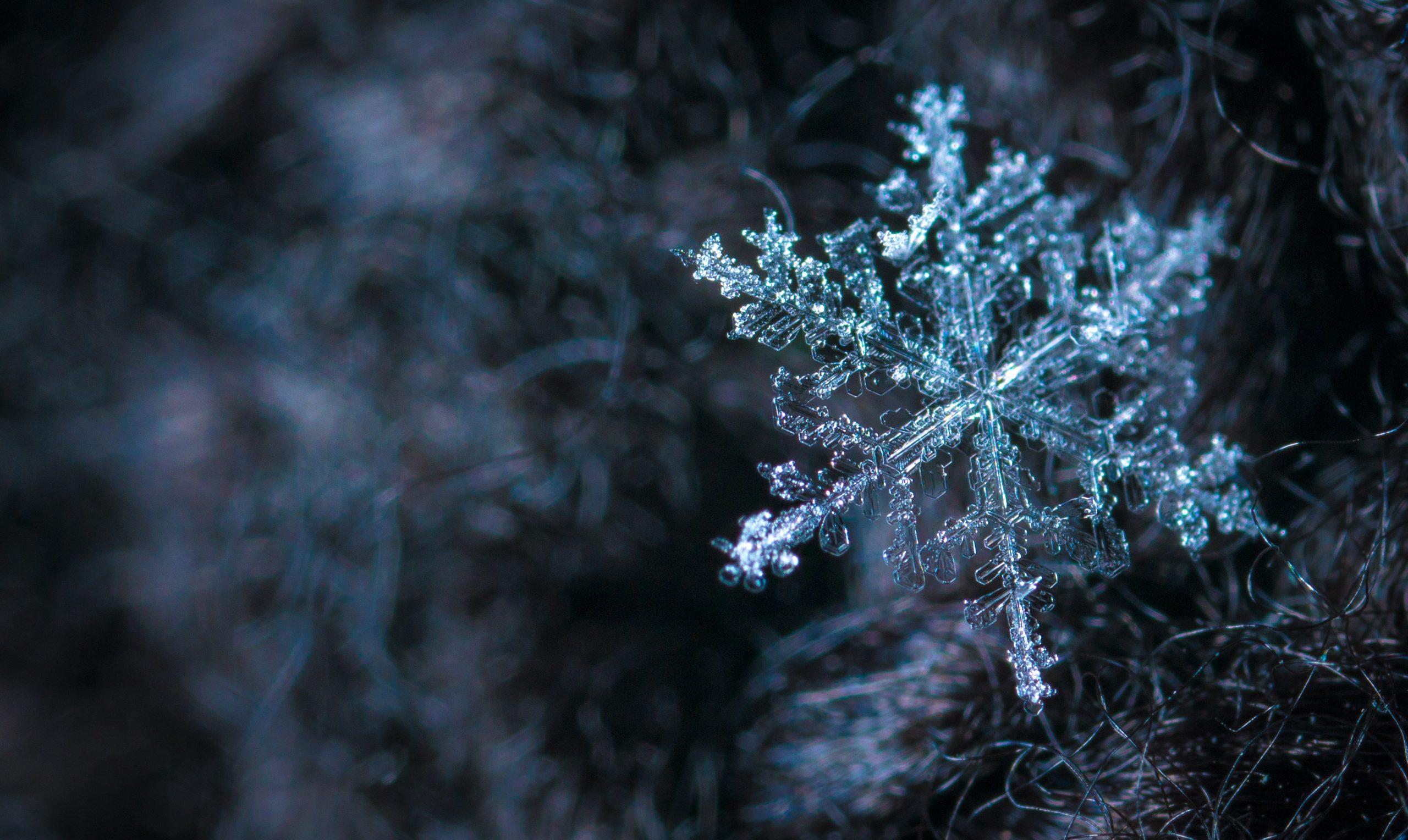Here in Oklahoma, we are no strangers to extreme weather. Dowd Heat & Air services Tulsa and the surrounding areas, all of which have seen winters that range from relatively mild to downright dangerous. Whether you are hunkering down this winter in a new construction home, a new-to-you home, or a home that has seen you through many winter seasons, we are going to brush up on your knowledge of hard-hitting winter storms and how to endure them.
A difficult winter storm can wreak havoc on your daily life. Power outages block access to everyday necessities like the ability to cook, the presence of heat in your home, or even the ability to move warm air from a fireplace throughout your home via ducts or standalone fans. These roadblocks are more than just inconveniences; in recent years we have seen them become extremely dangerous. Power companies can struggle to return service to large areas in a timely manner, HVAC systems can go offline even when there is power to the home, and hazardous road conditions can play a part in service technician delays.
When temperatures fall below freezing, which happens often enough in Oklahoma that we all need to have a plan in place for it, it can put a strain on your heating system. Though we install Trane and Carrier systems that are calibrated to perform under these harsh conditions, there are many factors in play within each unit that can cause a catastrophic failure. If your system fails at the same time as your neighbor, you will be on the same repair waiting list as everyone else. However, if you put a little prep work in at the beginning of the season, you may be able to weather the storm a little more comfortably.
Heating systems, just like every other electrical appliance, have several critical fail points. Having each of these aspects checked by a professional in the fall will ensure that each motor, heat exchanger, and relay are in proper working condition. As your technician moves through your diagnostic checkup, they will systematically be ensuring as little room for error as possible. For example, if every component of your heating unit has been thoroughly checked by a member of our staff and any near-failing parts have been replaced, you greatly reduce the likelihood of a system failure. This now only leaves larger checkpoints on the table such as an area-wide power outage. A power outage is not something that you can predict, of course, but it is something you can prepare for. An appropriately-sized generator can keep your home running smoothly should your neighborhood power experience an interruption.
Don’t Overlook Your Insulation
You can request that we assess your insulation as part of your yearly checkup. Many homes do not have the most effective type of insulation, and often they do not have an appropriate amount of insulation. We are happy to take a look at it for you and make any recommendations necessary to keep the heat inside your home. The insulation in your home is an important part of your home’s energy efficiency, and it is our job to help your home be as efficient as possible. This will save you money in the long run by limiting the amount of heat lost, improving the overall health and comfort of your home.
Carbon Monoxide and Smoke Detectors
The importance of these detectors can not be overstated. These life-saving devices help prevent many injuries, illness, and deaths when winters become unbearable. If the heat is not functioning in a home and the homeowner resorts to using an unsafe method to try and stay warm, these detectors can alert anyone nearby of a problem. Wood burning fireplaces, gas fireplaces, stovetops, camp stoves, and other means of heating a home when the power is out all present a possibility for dangerous gasses to gather. When there are so many ways in which invisible gasses can ignite or poison a residential space, it is vital to have a carbon monoxide and smoke detector in as many rooms as possible.
Protect Your Pipes
We have heard it before: “Protect your pipes, it’s going to freeze tonight!”
But how important is this, and what does it mean? Depending on the year your home was built, the codes for protecting pipes can range all over. In older homes, pipes are often less protected from extremely low temperatures and may need a little help.
If you have exposed pipes or fittings outdoors, you can purchase inexpensive covers for them at your local home improvement store. For indoor pipes, open the cabinet doors under your kitchen and bathroom sinks on a cold day and place your hand underneath. If it feels abnormally cold compared to the air in your home, these pipes will likely need to be protected as well. When in doubt, deck them out! Purchasing covers for your pipes is a low-cost and smart way to add a layer of protection to your investment, and a great way to give yourself peace of mind that you’ve done your due diligence to prepare for the upcoming winter season.


